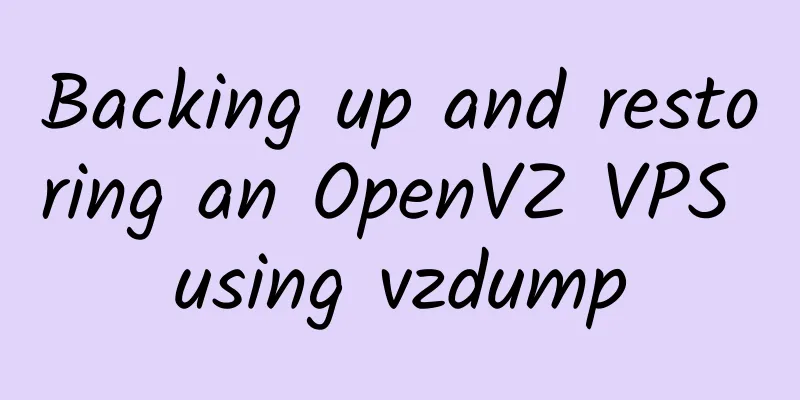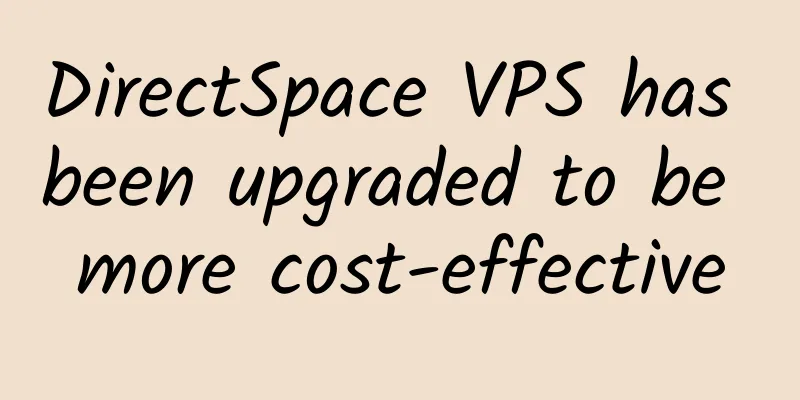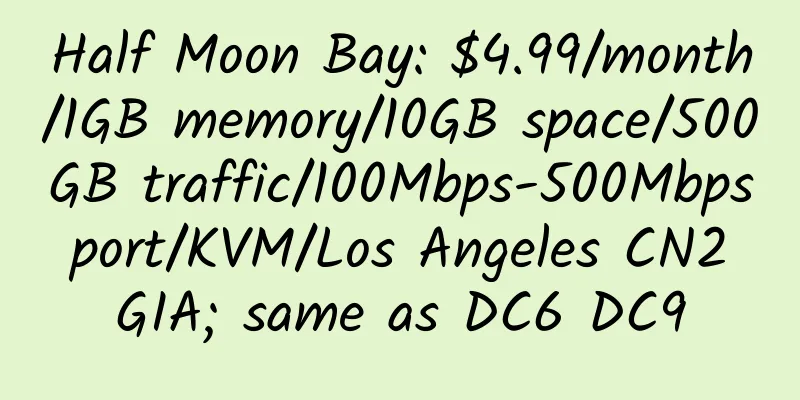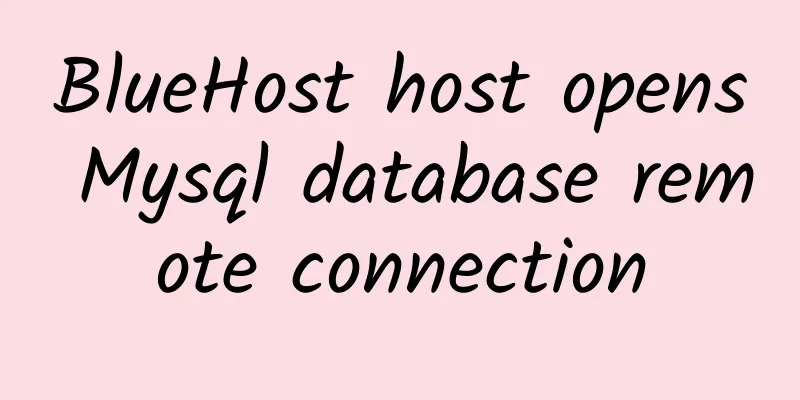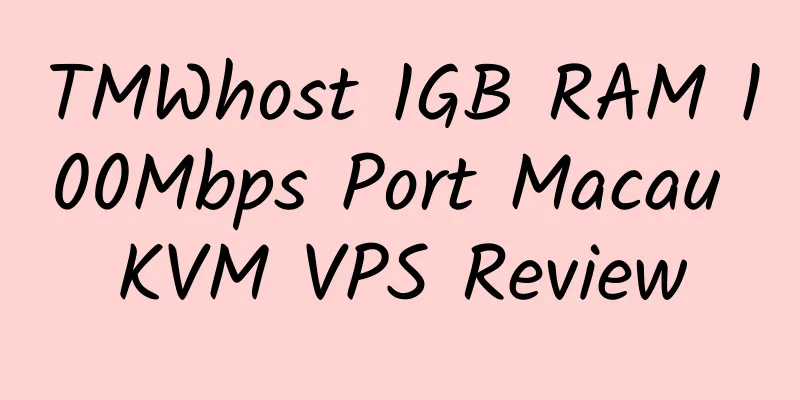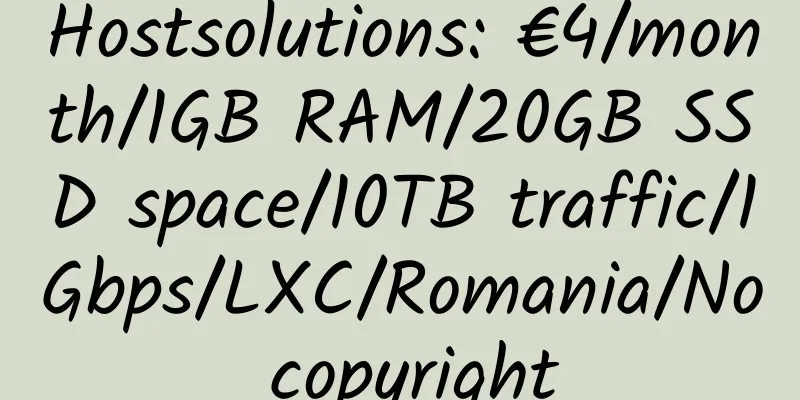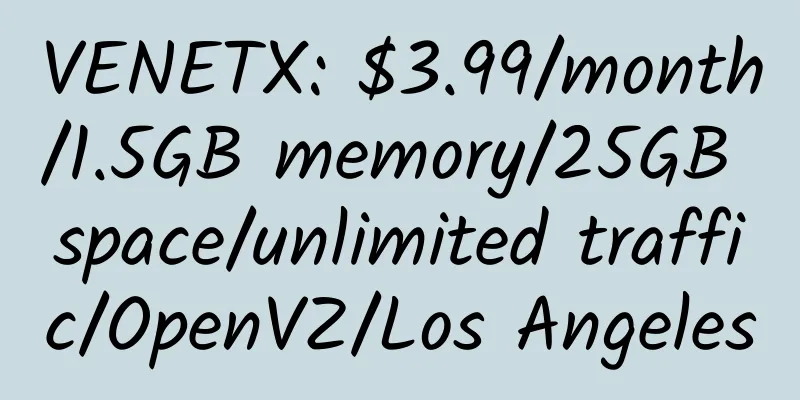|
With the development of cloud computing technology, PaaS (Platform as a Service) has become more and more popular among developers, and PaaS providers have sprung up like mushrooms after a rain.
The so-called PaaS actually refers to providing the software development platform as a service to users. Users or enterprises can quickly develop the applications and products they need based on the PaaS platform. At the same time, applications developed on the PaaS platform can better build enterprise applications based on the SOA architecture. As a complete development service, PaaS provides all the development platform functions that developers need to build applications, from development tools, middleware, to database software.
This article summarizes 9 PaaS products that have developed rapidly in recent years. I hope it will be helpful for you to choose an application development and deployment platform.
1. Microsoft Windows Azure
Windows Azure is Microsoft's cloud computing platform, whose main goal is to help developers develop applications that can run on cloud servers, data centers, the Web, and PCs. Developers can use the storage, computing power and network infrastructure services of Microsoft's global data centers.
The Azure service platform includes the following main components: Windows Azure; Microsoft SQL database service, Microsoft .Net service; Live service for sharing, storing and synchronizing files; Microsoft SharePoint and Microsoft Dynamics CRM services for business, etc.
2. Google App Engine
Google App Engine is a service provided by Google that allows developers to run web applications on Google's infrastructure. Google App Engine applications are easy to build and maintain, and scale easily as traffic and data storage needs grow. With Google App Engine, there is no need to maintain servers anymore; developers only need to upload their applications and they will be able to serve users immediately.
Google App Engine makes it easy to build applications that run securely, even under heavy load and large amounts of data. The environment includes the following features: - Dynamic network services, providing full support for common network technologies
- Persistent storage has queries, categories and transactions
- Automatic scaling and load balancing
- API for authenticating users and sending email using Google Accounts
- A full-featured local development environment that emulates Google App Engine on your computer
3. VMware Cloud Foundry
Cloud Foundry is an open source PaaS initiative of VMware that uses various open source development frameworks and middleware to provide PaaS services. Developers can use this platform to build their own SaaS services without having to build and maintain hardware servers and intermediary software themselves. Since Cloud Foundry uses open source website platform technology, developers' applications can be transferred to other platforms at will without being restricted to the PaaS platform.
Currently, Cloud Foundry can support multiple development frameworks, including Spring for Java, Ruby on Rails, Node.js, and multiple JVMs. The Cloud Foundry platform also provides database services such as MySQL, Redis and MongoDB.
4. Force.com
Force.com is the social enterprise application platform of enterprise cloud computing company Salesforce.com, which allows developers to build applications with social and mobile features. In addition, Force.com also provides all the features that help build and run business applications faster on the cloud, including databases, unlimited real-time customization, powerful analysis, real-time workflow and approval, programmable cloud logic, real-time fluid deployment, programmable user interfaces and website capabilities, etc.
Force.com supports the Apex programming language, and developers can write database triggers and program controllers based on the UI level.
5. Heroku
Heroku is a cloud computing application platform that provides Ruby language services, providing developers with a new experience for network programming. Currently, in addition to Ruby, the platform also supports languages such as Node.js, Clojure, Java, Python and Scala.
Heroku is built on Amazon AWS. The platform uses the Ruby on Rails web development framework. Customers only need to set up a Ruby Gem (a package manager for the Ruby language) on their local computer to deploy and run applications in the Heroku cloud. Customers can access and edit their own code directly from the browser, and can also add plug-ins for related languages. The Heroku platform allows developers to get the same or even better experience in program development as on local computers.
6. Amazon Elastic Beanstalk
Elastic Beanstalk provides a way to deploy and manage applications in the Amazon Web Services cloud. The platform builds on software stacks such as Apache HTTP Server for PHP and Apache Tomcat for Java. Developers retain control of AWS resources and can deploy new application versions, run environments, or roll back to previous versions. CloudWatch provides monitoring metrics such as CPU utilization, request count, average latency, etc. To deploy applications to AWS through Elastic Beanstalk, developers can use the AWS Management Console, Git, and an Eclipse-like IDE.
7. Engine Yard Cloud
Engine Yard features a Ruby on Rails technology stack that includes a web server, application and database server, as well as a Rails-optimized Linux distribution. Developers can use Engine Yard's dashboard to configure environments, deploy applications, and monitor them.
8. Engine Yard Orchestra
Engine Yard acquired the PHP application development platform Orchestra last year, providing PHP developers with services for deploying PHP applications in the cloud. Developers can build applications using popular PHP frameworks and deploy them via Git or Subversion.
9. CumuLogic
CumuLogic is mainly aimed at Java developers, providing a platform for running applications and migrating them to the cloud. Through the management layer for deploying and managing applications provided by CumuLogic, developers can easily deploy mobile, HTML5, Web or enterprise applications.
Via Infoworld |

